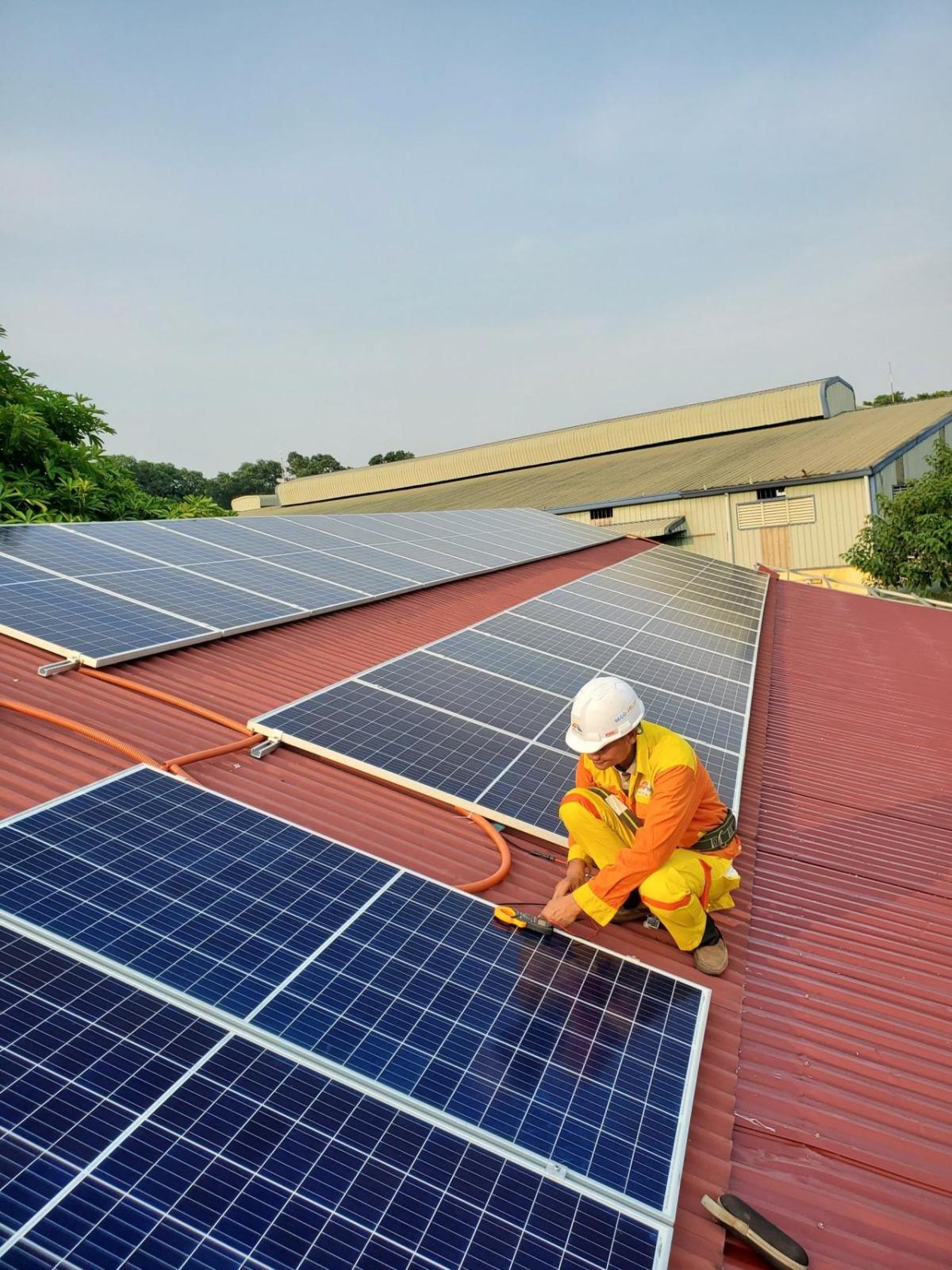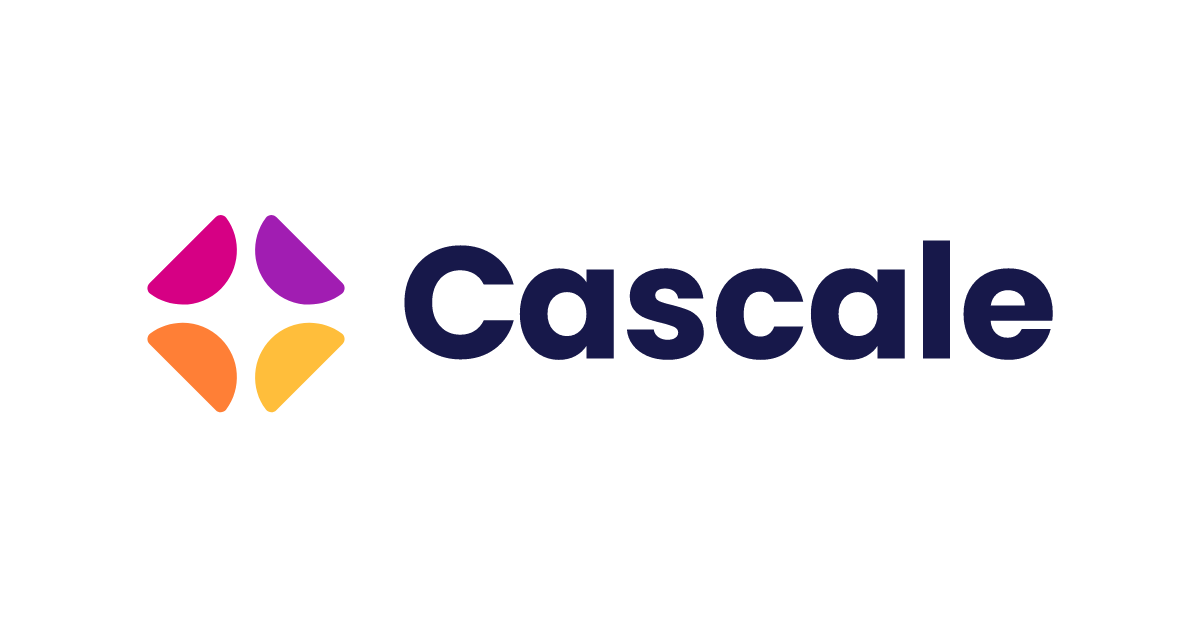Sustainable Apparel Coalition Hosts Project Development Programme Kickoff Meetings in Vietnam and Cambodia

Joyce Tsoi, SAC director of Collective Action, co-hosted an in-person and virtual meetings in Vietnam and Cambodia to kick off the SAC x Project Development Programme (PDP), which aims to develop and scale rooftop solar photovoltaic project(s) to manufacturing facilities in Vietnam and Cambodia. Implemented by Deutsche Gesellschaft für Internationale Zusammenarbeit (GIZ) GmbH, the Project Development Programme (PDP) is an integral part of the German Energy Solutions Initiative. Coordinated and financed by the German Federal Ministry for Economic Affairs and Climate Action (BMWK) it aims to globalise German and European technologies and expertise in climate-friendly energy solutions. The PDP combines development cooperation with private-sector engagement to foster partnerships between local businesses and trusted providers of climate-friendly energy solutions, creating mutually beneficial outcomes and advancing the energy transition in its cooperation countries. Simultaneously, German and European providers benefit by easing their market entry into developing and emerging countries.
In Vietnam, the meeting also included a presentation from Eunice Doan, energy advisor and Country Representative of PDP Vietnam, and Lucia Hoang, regional manager of CSR Southeast Asia for Bureau Veritas, a world leader in laboratory testing, inspection, and assessment services. In Cambodia, presenters included Vabotra Chea, Technical Advisor and Country Representative of PDP Cambodia, and Rijan Shrestha, Technical Advisor and Country Manager of PDP Cambodia.
At both meetings, Tsoi shared information about the SAC’s Collective Action team, which oversees the development of its Decarbonization Program in support of the organization’s goals to achieve a 45 percent greenhouse gas (GHG) emission reduction in line with science-based targets (SBTs) by 2030 -- and to zero by 2050. The SAC launched the Decarbonization Program in 2022 and integrated SBTs into SAC’s membership requirements in 2023, with over 50 percent of members having taken this action to date. “We believe that this is the most credible and ambitious approach, backed by the latest climate science,” Tsoi said. “SBTs have become fundamental expectations for companies globally in multiple industries and we want to enable our industry towards a low carbon transition by shifting from heavily fossil fuels use to adopting renewables or low carbon sources.
To achieve these goals, the SAC partnered with Textile Exchange and Zero Discharge of Hazardous Chemicals (ZDHC) to form the Apparel Impact Institute (Aii), creating a connected, end-to-end path to action for the entire apparel and footwear industry. The Collective Action team is committed to activate the SAC’s ecosystem for action and announced the launch of the Manufacturer Climate Action Program (MCAP) in September of this year. Designed in collaboration with NIKE and Target Corporation, the MCAP is a critical component of the SAC’s Decarbonization Program efforts to catalyze support and drive the sector toward ambitious yet necessary CO2 emissions reductions. Tsoi also shared the four key elements that form the core of MCAP, empowering manufacturers to define their scope 1 and 2 science-aligned targets, immediately take critical action to reduce their direct and indirect emissions and improve operational efficiency in order to advance industry goals.
During the Vietnam meeting, Tsoi used data accessed through the SAC's Higg Facility Environmental Module tool in order to break down the mix of energy sources at manufacturing sites both globally and in Vietnam; the use case illuminated the sector’s dependence on fossil fuels. Over 80% of energy usage in 1253 facilities in Vietnam are from fossil fuels. Only 12.4% of energy comes from renewable energy sources. She also shared data on renewable energy adoption around the globe and was able to show Vietnam is a progressive country to increase its renewable energy capacity to sustain the growth of its industries. Following Tsoi’s presentation, Hoang shared the service offerings of Bureau Veritas Vietnam, which can support manufacturers in conducting life cycle assessments (LCAs), performing energy diagnosis services and consulting for GHG calculation and setting SBTs. Doan then explained the support and services offered to facilities by PDP, which guides facilities through the development process of solar PV technology and the selection of system size; service provider, equipment, and best investment scenario. These include technical evaluation, investment appraisal development, solar power implementation, and introduction to financing opportunities with preferential loan interest rates.
At the Cambodia meeting, Vabotra explained that with an average daily solar radiation of 5 kWh/m2 and average sunshine of 8 hours per day, Cambodia is one of the Southeast Asia countries that has high solar potential. He also discussed the regulatory landscape in terms of the history of Cambodia’s solar development, options to deploy renewables based on the Ministry of Mines and Energy (MME)’s updated principles of permitting the use of rooftop solar power. Rijan followed with an explanation of how the PDP team can support manufacturers in technical evaluation, investment proposals, and project implementation.

